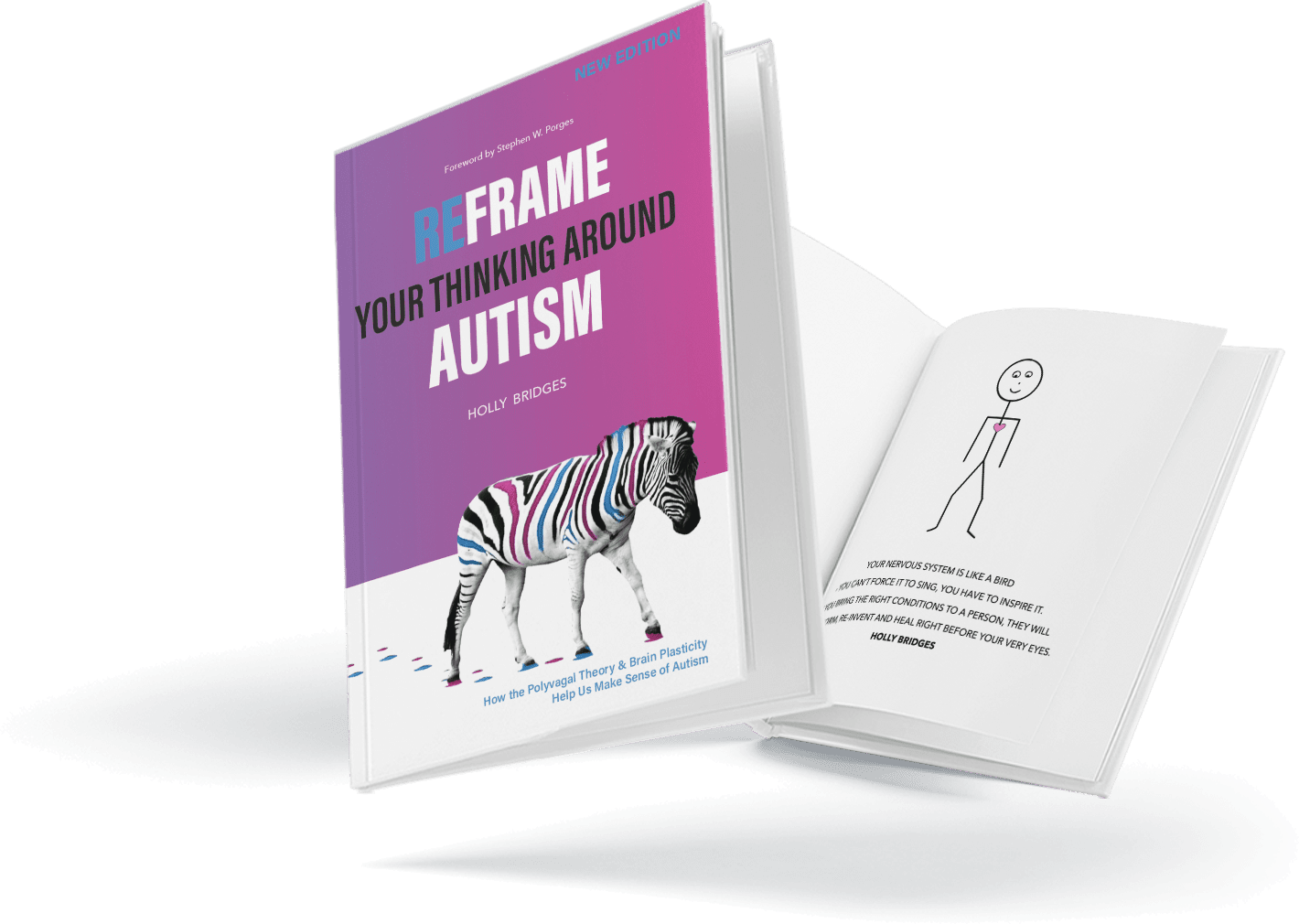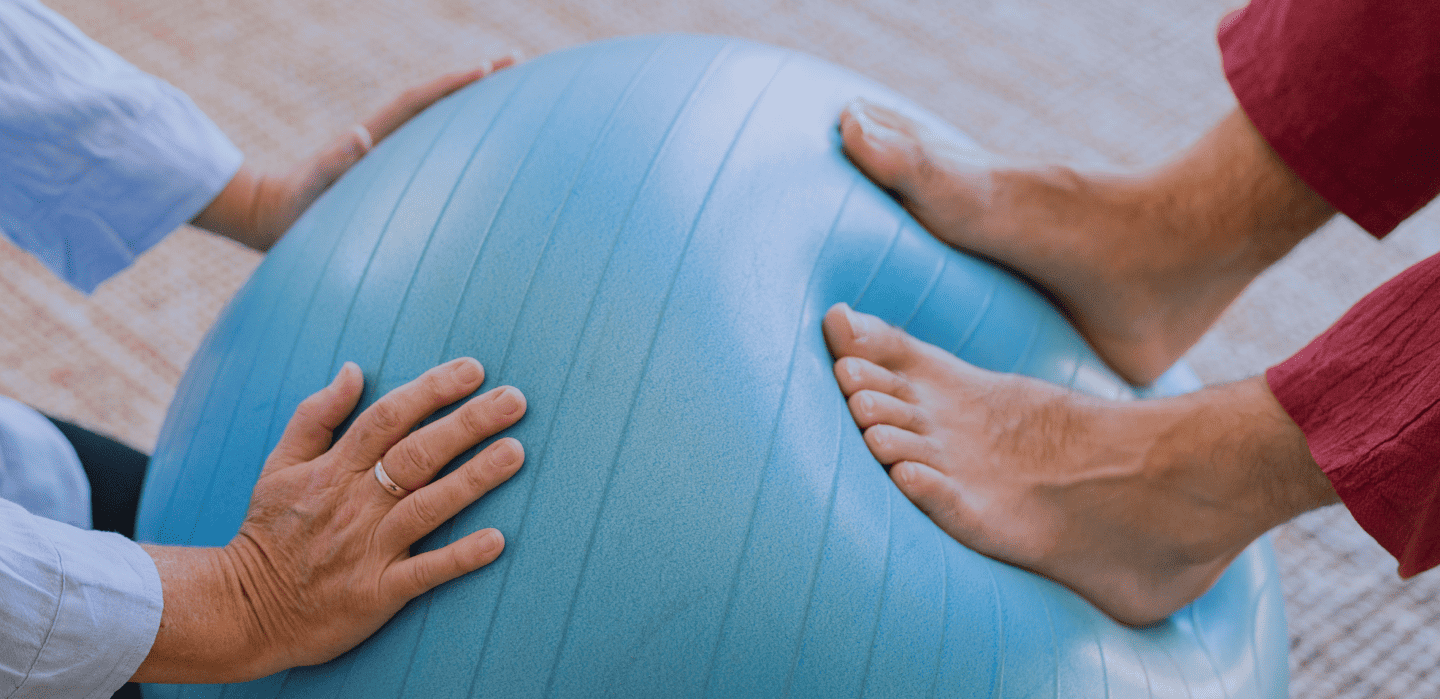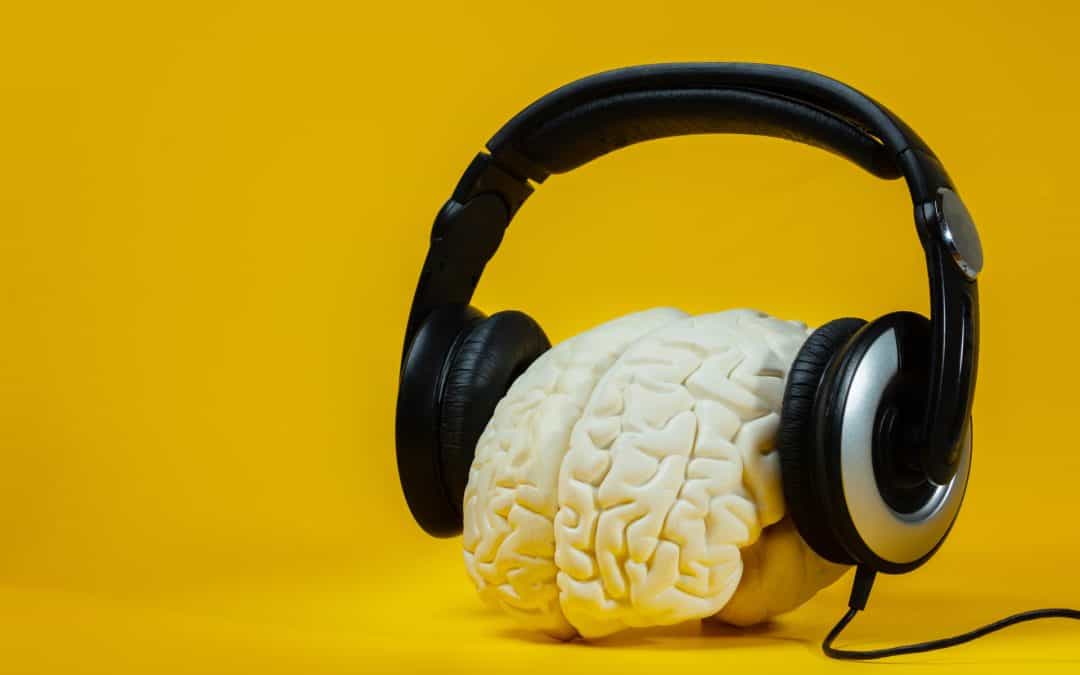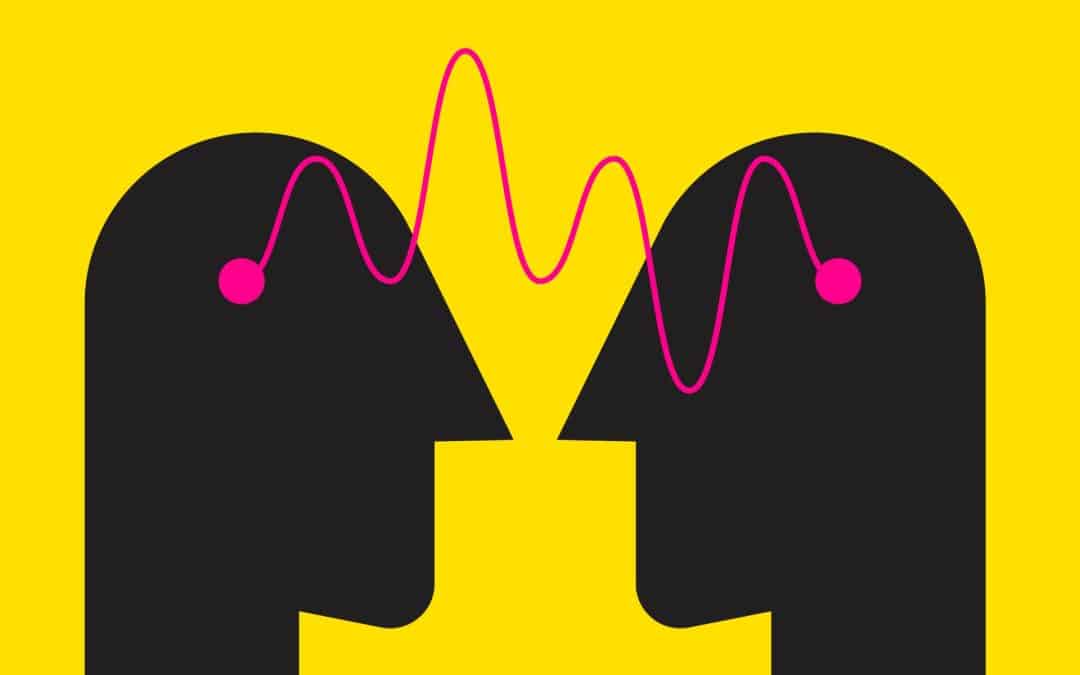We spend a lot of time discussing hacking the ventral vagus nerve and getting it back online, getting ourselves back up to speed. We want to be perfect, enough, on point, thrive and survive!
But the truth is in order to do this, we need to stop, we need to slow down, we need to rest and recharge and to do this, we need to access our dorsal states. Our dorsal state is where we sleep, where we go ‘offline’, where we engage in intimacy, in spiritual connection, lucid dreaming.
The dorsal state is different from the ventral. The ventral vagus is about being outwardly connected. It is our newest evolutionary function and a valuable resource. But it isn’t where we sleep. It isn’t where we engage quietly with the deepest parts ourselves. To do this we need to go inward and to do so, we need to shift into an alternate, physical state. (This can be easier said than done!)
Our mental states are constantly being reflected by our physical state. Or to be more precise, our mental states are allowed by the corresponding choreography of our nervous system.
Day and night, we are constantly moving into different states of consciousness that are only accessible by the body being in a synonymous state. If the body is in a heightened autonomic state, our brain moves into a similar formation, if we take ourselves into a harmonious state of mind, the body follows.
All our flow into states of consciousness – sleep, awake, mindful, flight/fight, fatigue, fawn, festive, fearful are all body states as much as brain states. They are intertwined, where one goes, so too does the other. Our bodies enable us to be this individual consciousness and in this sense, the consciousness and body are one.
The moving into all these states is allowed by the vagus nerve. The vagus nerve allows us to choreograph these changes and allows us to mobilise into different states of being. When we are alert and active, we are in a more ventral state, when we are in a more dorsal state, we are accessing different aspects of our consciousness. For example, when we sleep, our bodies don’t stop, they just change states. The body is still working in sleep. It is repairing organs, neural pruning, creating vitamins and hormones, processing imagery, collating your day. When you are sleeping, dreaming, meditating or praying your body is in a dorsal state. It is the land of the deep.
A dorsal space is a harder place to access for many. We spend less time teaching our children how to access these states. We spend less time in nature, we spend less time listening to our deepest callings, because we are so outwardly focused, so survival driven that we lose sight and connection of our inner sight, our inner drive and knowing. We not only lose connection with these vital aspects of our consciousness, but also our ability to get ourselves into the physical state to access them.
In Western society, we have mostly lost the language and the art of the dorsal states. More and more people can’t get out of a heightened state. They can’t sleep, or they need medication to sleep. It’s an elusive thing to try and meditate. We are told to relax! We’ve forgotten how and yet it is the most natural of things.
All mammals, humans included, have a ventral vagus to communicate through their social engagement wiring. They also all have a dorsal vagus for rest and repose, and just like dogs and cats and lions and guinea pigs, we are supposed to know how to move through these states effortlessly. We are designed to be able to move up and down the vagal line depending on what we need. A cat will deeply rest, yet be able to mobilise at a moment’s notice; puppies will play-fight with teeth and hackles up, moving effortlessly back down to a softer pose. We are supposed to be able to do this too. Yet many of us are stuck like a car in a jarring, fifth gear trying to pretend everything is fine.
By moving too far into valuing the mind, have we forgotten the importance of the body? Have we forgotten the languid languages of rest and just being? Do we need to start to relearn how to relax upside down like a dog on a sofa with a quiet smile on our face and an empty mind? If we do, the way through is remembering the lost language of the body. The way back is simple, we listen to the body. When we learn how, we begin to remember states of simplicity, silence, surrender, sentience and that we are all, embodied consciousness.





